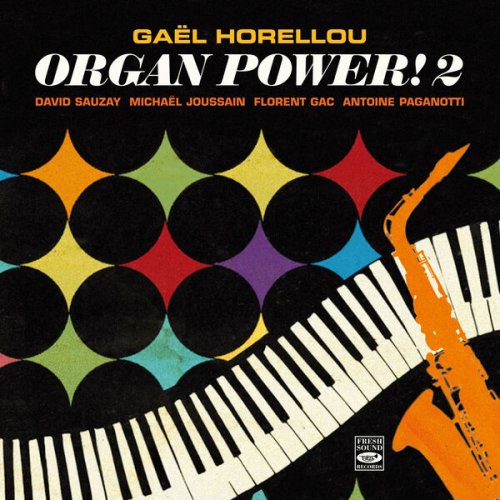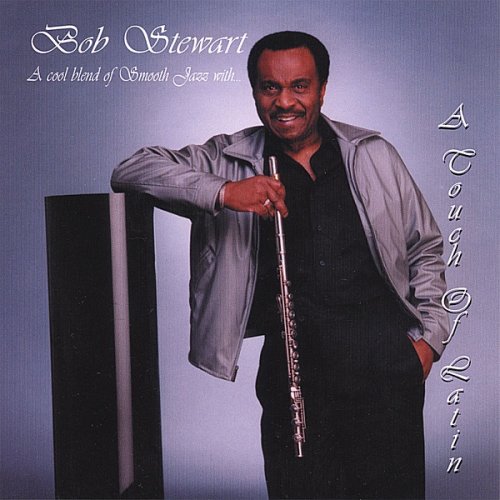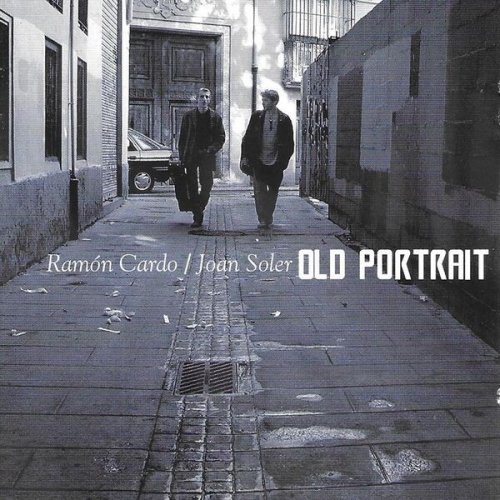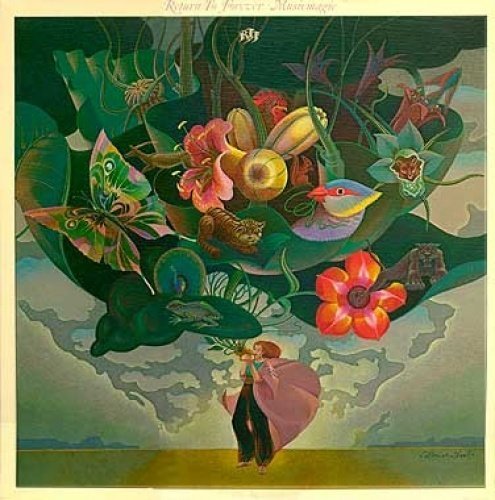Herman Foster - The Explosive Piano of & Have You Heard (2002)
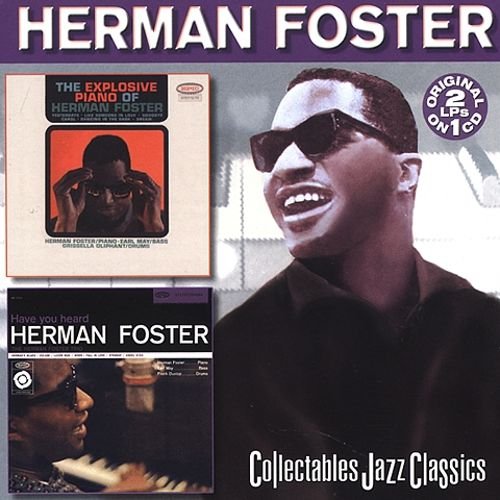
Artist: Herman Foster
Title: The Explosive Piano of & Have You Heard
Year Of Release: 2002
Label: Collectables
Genre: Jazz, Bop
Quality: FLAC (tracks+.cue, log, Scans)
Total Time: 01:15:21
Total Size: 431 MB
WebSite: Album Preview
Tracklist:Title: The Explosive Piano of & Have You Heard
Year Of Release: 2002
Label: Collectables
Genre: Jazz, Bop
Quality: FLAC (tracks+.cue, log, Scans)
Total Time: 01:15:21
Total Size: 431 MB
WebSite: Album Preview
1. Yesterdays (4:05)
2. Like Someone in Love (5:48)
3. Carol (5:52)
4. Dancing in the Dark (4:19)
5. Goodbye (6:33)
6. Dream (5:57)
7. Herman's Blues (4:49)
8. Volare (9:21)
9. Lover Man (7:23)
10. When I Fall in Love (6:46)
11. Strange (4:50)
12. Angel Eyes (9:39)
A longtime sideman, primarily to Lou Donaldson, blind pianist Herman Foster only made three albums as a leader, the two combined on this discount-priced two-fer CD, recorded and released by Epic Records in 1960-1961, and Ready and Willing for Argo in 1963. Although Have You Heard and the inappropriately named The Explosive Piano Of (placed in reverse chronological order on this disc) are both agreeable collections that demonstrate Foster's distinctive piano technique, you can tell why he remained mainly a backup musician for most of his career. Foster has a locked-hands approach, with which he plays the same chords in different keys, sometimes precisely, sometimes in slightly jagged fashion to create a rolling, rhythmic effect. Then he will break off and play single-note runs, though "runs" is not the right word -- "ambles" would be more like it. He is respectful of the melodies of what are usually standards, at least when playing the head, and he enjoys tossing in quotations from other well-known tunes here and there. Accompanied on each LP only by bass (Earl May) and drums (Grassella Oliphant or Frankie Dunlop), he is given plenty of room to shine, and he takes it to create interpretations that are consistently engaging without ever being disturbing. Other jazz musicians of the early '60s may have been exploring the uses of dissonance and extreme freedom, but Foster still had a lot left to say in the bop idiom. He may not have been a virtuoso like his heroes, especially Bud Powell, but he could find new approaches to traditional melodies that illuminated them, and his albums remain highly listenable.
